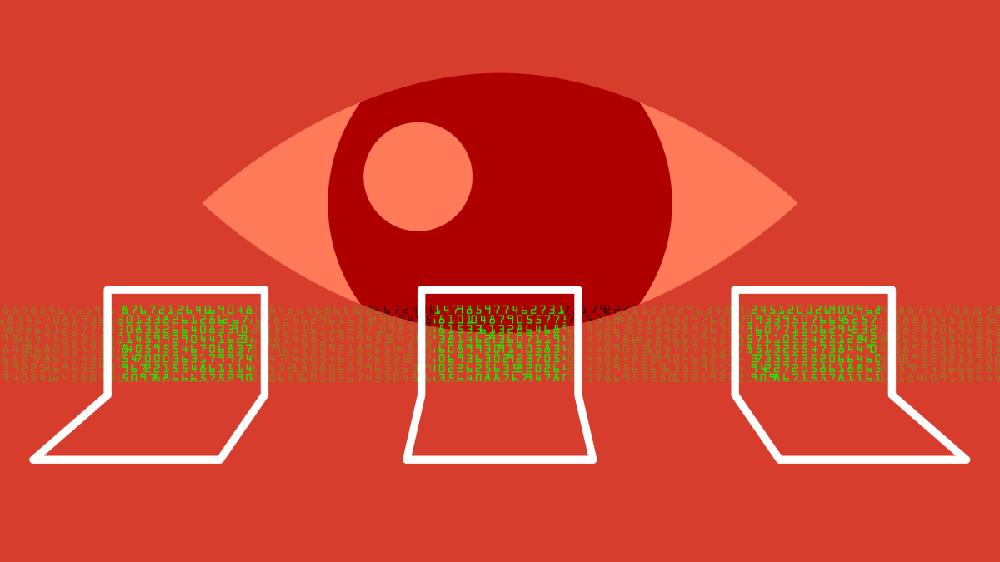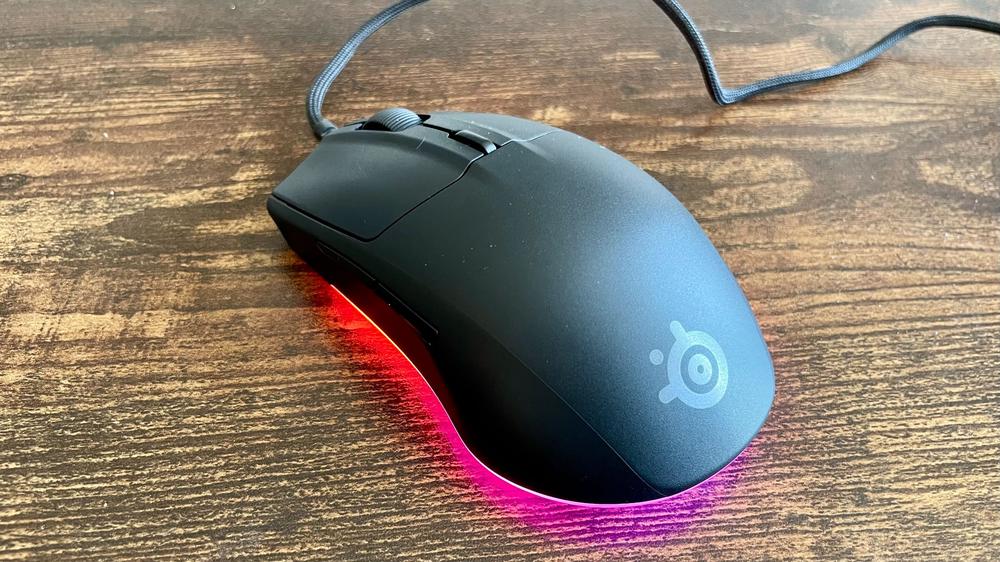Record labels Sony, Warner, and Universal yesterday asked the Supreme Court to help it boot pirates off the Internet.
Sony and the other labels filed their brief in Cox Communications v. Sony Music Entertainment, a case involving the cable Internet service provider that rebuffed labels' demands for mass terminations of broadband subscribers accused of repeat copyright infringement. The Supreme Court's eventual decision in the case may determine whether Internet service providers must terminate the accounts of alleged pirates in order to avoid massive financial liability.
Cox has argued that copyright-infringement notices—which are generated by bots and flag users based on their IP addresses—sent by record labels are unreliable. Cox said ISPs can't verify whether the notices are accurate and that terminating an account would punish every user in a household where only one person may have illegally downloaded copyrighted files.
Record labels urged the Supreme Court to reject this argument.
"While Cox waxes poetic about the centrality of Internet access to modern life, it neglects to mention that it had no qualms about terminating 619,711 subscribers for nonpayment over the same period that it terminated just 32 for serial copyright abuse," the labels' brief said. "And while Cox stokes fears of innocent grandmothers and hospitals being tossed off the Internet for someone else's infringement, Cox put on zero evidence that any subscriber here fit that bill. By its own admission, the subscribers here were 'habitual offenders' Cox chose to retain because, unlike the vast multitude cut off for late payment, they contributed to Cox's bottom line."
Record labels were referring to a portion of Cox's brief that said, "Grandma will be thrown off the Internet because Junior illegally downloaded a few songs on a visit."
Too much torrenting, record labels say
The record labels' brief complained about torrents providing Internet users with easy access to pirated material:
Today, most infringement occurs on peer-to-peer file-sharing protocols like BitTorrent, which enable viral uploading and downloading of pirated music faster than ever, leaving behind no fingerprints beyond a ten-digit IP address that only an ISP can tie to the user. Unlike earlier methods of infringement—e.g., bootleg CD manufacturers—peer-to-peer file-sharing protocols lack a central hub that law enforcement can shutter. And unlike earlier methods, peer-to-peer protocols are not constrained by the need to create physical copies; BitTorrent enables tens of thousands of people to trade pirated music simultaneously.
Record labels said that Cox used a "13-strike policy" that let subscribers repeatedly download pirated material before facing any consequences. The case is based on "claims to works infringed by subscribers who generated at least three infringement notices across 2013 and 2014, for a total of 10,017 copyrighted works," the brief said.
While there are numerous lawsuits filed by copyright holders against ISPs, the Cox one has been the centerpiece battle for several years. A jury ordered Cox to pay over $1 billion in 2019, but that wasn't the final word on the case.
The US Court of Appeals for the 4th Circuit overturned the $1 billion verdict in February 2024. Judges found that Cox did not profit directly from copyright infringement committed by its users, overturning the finding that Cox was guilty of vicarious infringement. It wasn't a total victory for Cox because the appeals court judges affirmed the jury's separate finding of willful contributory infringement, which was based on Cox continuing to serve customers who were repeatedly flagged as pirates.
Trump admin backs ISP
Cox and Sony both filed petitions with the Supreme Court since neither was fully satisfied by the outcome. The Supreme Court granted Cox's petition to review the contributory copyright infringement verdict but denied Sony's petition to review the vicarious infringement verdict.
Cox's case has garnered support in briefs from other ISPs, tech companies, professors with expertise in copyright law, advocacy groups such as the Electronic Frontier Foundation, and the Trump administration. US Solicitor General John Sauer asked the court to let the US government participate in the case's oral arguments.
Sauer warned in a May brief that if the 4th Circuit ruling stands, ISP would face "potential liability for all acts of copyright infringement committed by particular subscribers as long as the music industry sends notices alleging past instances of infringement by those subscribers." This could "encourage providers to avoid substantial monetary liability by terminating subscribers after receiving a single notice of alleged infringement," he wrote.
A September brief submitted by Google, Amazon, Microsoft, Mozilla, and Pinterest said the 4th Circuit "ruling erroneously turns Congress's DMCA [Digital Millennium Copyright Act] safe harbors into a liability-creating mechanism."
DMCA safe harbor: Sword or shield?
The safe harbor is available for service providers that make reasonable efforts to stop piracy and is meant as "additional protection" against copyright claims, the tech companies' brief said. The firms said the failure of a service provider to become eligible for the safe harbor is not supposed to be sufficient to prove liability. The brief said that "contributory infringement requires conscious, culpable conduct," and thus the mere "failure of an online service provider to stop users' infringement" is not enough to trigger liability.
The 4th Circuit upset this balance by making Cox liable for infringement because it didn't qualify for the safe harbor, the tech companies wrote:
The Fourth Circuit here concluded that continuing to "supply[] a product" or service "with knowledge that the recipient will use it to infringe" constitutes sufficiently "culpable" conduct to trigger copyright liability. Based on that determination, a defendant service provider's failure to terminate a user who is an accused repeat infringer both eliminates eligibility for safe harbor protection and also triggers contributory infringement liability—because the allegations of repeat past infringement will at minimum create the risk that the provider will be deemed to have knowledge of likely future infringement.
In practice, then, the Fourth Circuit's approach turns ineligibility for Congress's additional shield against liability into a sword that produces liability. That result flies in the face of Congress's instruction that the statutory safe harbors should not "bear adversely" on any of the service provider's defenses.
The record labels' brief argued that a win for Cox would render the DMCA safe harbor "a nullity." The labels' brief said "the safe harbor only makes sense—and can only operate as a 'limitation on liability' that strikes a balance between the interests of creators and ISPs—on the understanding that ISPs face 'legal exposure for infringements that may occur' when they continue providing service to subscribers they know are serial infringers."

 EFF, unions sue Trump admin. over alleged mass social media surveillance of legal residents
EFF, unions sue Trump admin. over alleged mass social media surveillance of legal residents